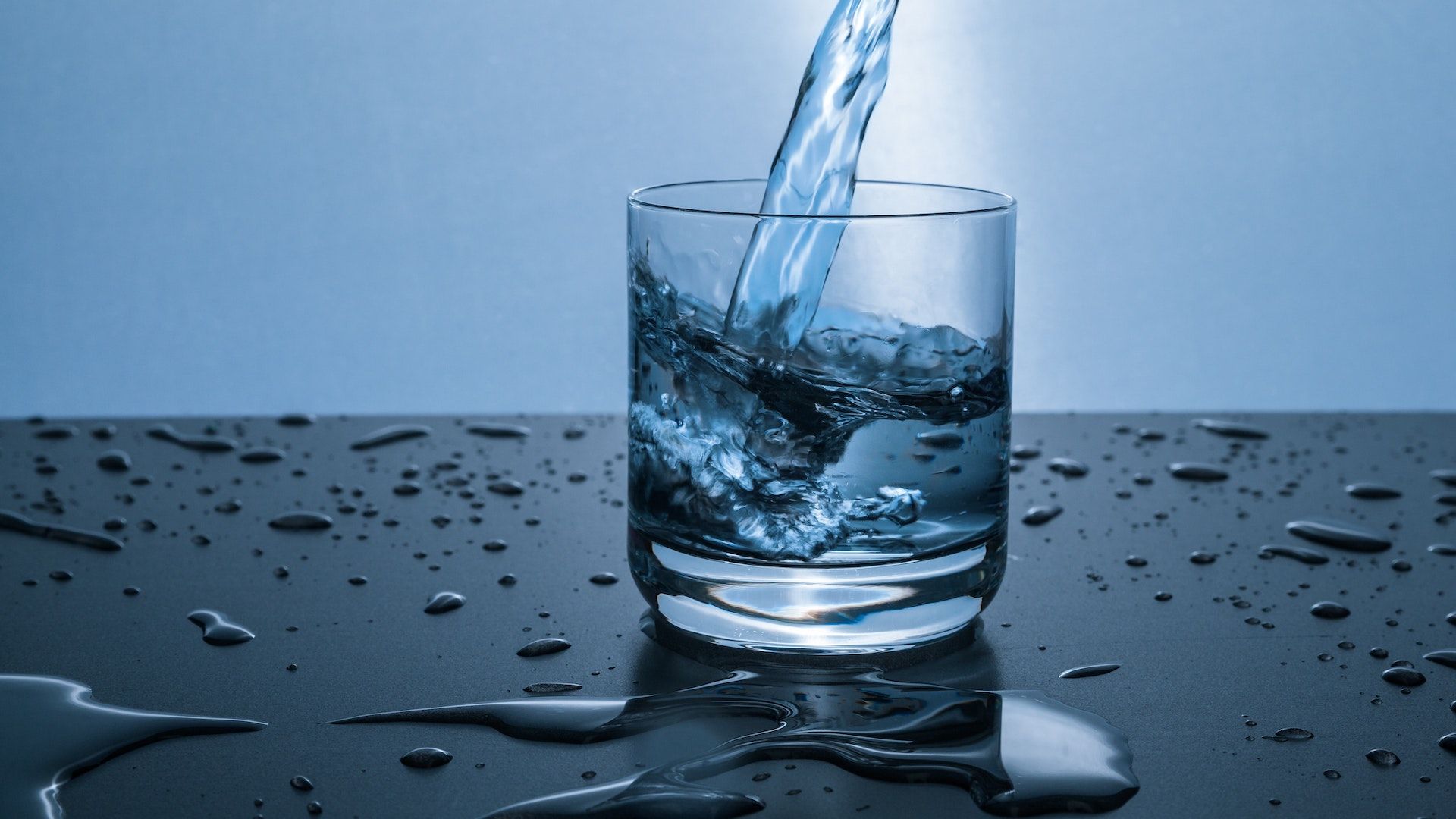Understanding the Quality of Tap Water in Greece
Every year, millions of tourists travel to Greece, making it a famous tourist destination. There are plenty of activities and sights to take in in this Mediterranean nation, from its breathtaking coastlines to its rich history and culture. However, a frequent query from visitors is whether they can consume the tap water in Greece.
This query does not have a straightforward yes or no response. Greek tap water is usually safe to drink, but local variations in water quality can occur. It’s crucial to comprehend the elements that may have an impact on the safety of Greek tap water because some areas may have superior water quality than others.
The state-owned business EYDAP, which is in charge of treating and distributing water across the nation, is in charge of managing Greece’s water supply. According to the company, Greece’s tap water is safe to consume and complies with EU standards.
It’s crucial to remember that tap water quality can vary based on where you live. Due to the high mineral content in some areas of Greece, the water may have a mildly unpleasant flavor. Due to the use of chlorine or other chemicals during the treatment process, the water in other regions may be discolored or have a strong odor.
It is advised to consume bottled water or to use a water filtration system in order to guarantee the safety of tap water. In Greece, many cafes and restaurants also offer free or inexpensive bottled water to patrons, making it simple to stay hydrated without depending on tap water.
Tips for Drinking Tap Water in Greece
There are some measures you can take to lower the risk of illness or contamination if you decide to consume Greek tap water.
- Boil water before drinking: It’s always a good idea to boil the water before drinking if you’re uncertain of the quality of the tap water in a particular location. Any germs or viruses that might be present in the water can be eliminated by boiling it.
- Use a water filter: Water filters can make tap water safer to consume by removing impurities and contaminants. For travelers, portable water filters are accessible and are simple to transport in a bag or backpack.
- Do not use ice cubes: Greece’s tap water might be safe to consume, but ice cubes in drinks might not be. It’s best to request beverages without ice or to use ice made from bottled water since ice cubes are frequently made from tap water.
- Take caution: It is best to avoid consuming tap water if it appears or smells strange. Instead, stick to bottled water and other secure drinking choices.
In conclusion, drinking Greek tap water is usually safe, though local differences in water quality may exist. It is advised to consume bottled water or to use a water filtration system in order to guarantee the safety of tap water. Travelers can enjoy their time in Greece without worrying about the safety of their drinking water by keeping these measures in mind.

